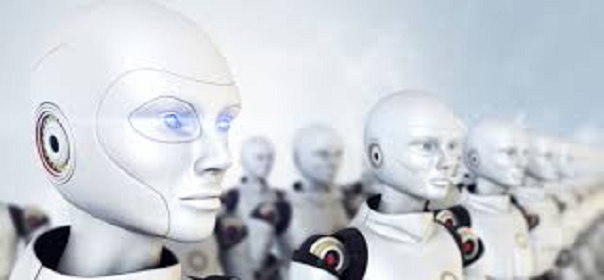Like it or not, we now live in an era dominated by artificial intelligence(AI). AI can be seen as a collection of technologies that can be used to imitate or even to outperform tasks performed by humans using machines. Losing jobs to technology is nothing new. Since the industrial revolution, roles that were once exclusively performed by humans have been slowly but steadily replaced by some form of automated machinery. Even in cases where the human worker is not completely replaced by a machine, humans have learnt to rely on a battery of machinery to be more efficient and accurate.
Dramatic changes in the workforce and our cultures due to robotic innovations including new laws, new roles such as chief robotics officer and new ways of working alongside not only human colleagues but robotics ones as well.
Truck drivers
There might be 3.5 million truck drivers in the United States today, but if the prediction of McKinsey comes true that in under a decade one-third of all trucks on the road will drive themselves, they better start training for a new job. Otto Motors, a start-up with Uber financial backing and former Google AI professionals as founders, has the “ultimate goal of making human driving obsolete” and is on the path to achieving it with its auto-drive trucks.
SAM (Semi-Automated Mason) is two to three times more productive than human bricklayers with a daily output of 1,200 bricks compared to 300 to 500 per human. This is just the start of automation in construction. Crane operators and bulldozer drivers should prepare for intelligent machines to take over their jobs quite soon.
Legal support staff
According to the Deloitte Insight report,39% of jobs in the legal sector stand to be automated by 2020. Reviewing documents and finding relevant supporting information for legal cases are tasks well-suited for the capabilities of artificial intelligence. For now, the AI infiltration is reserved for due diligence, electronic discovery and contract review, but expect more to come in the near future.
Medical professionals and doctors
Robo-docs are actively working today. And, they will fill a critical need to provide medical care to a booming world population as the supply of medical professionals struggles to keep up with the demand. IBM’s Watson is already teaming up with medical organizations to help detect and treat cancer. Robots are also strong at diagnostics and surgery

